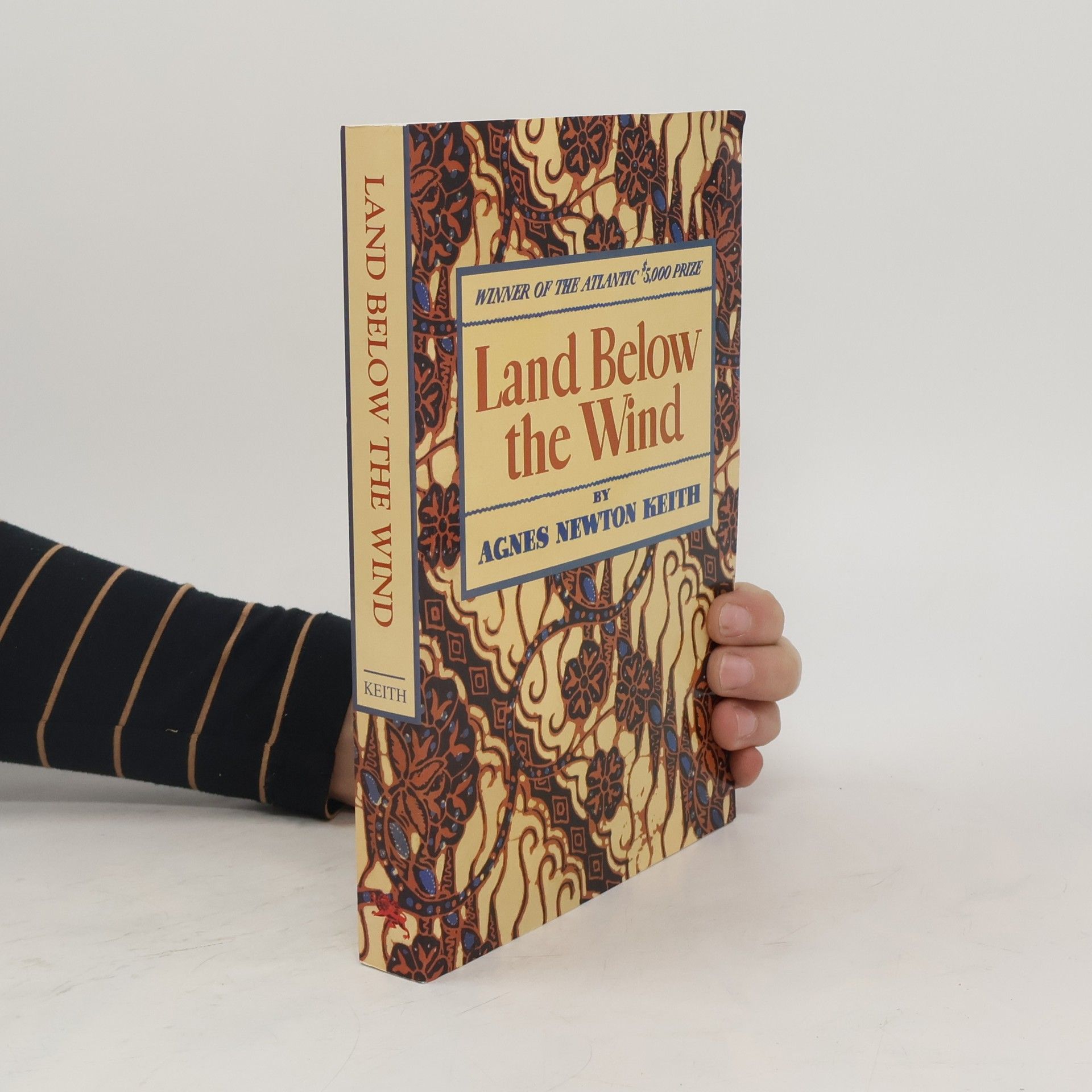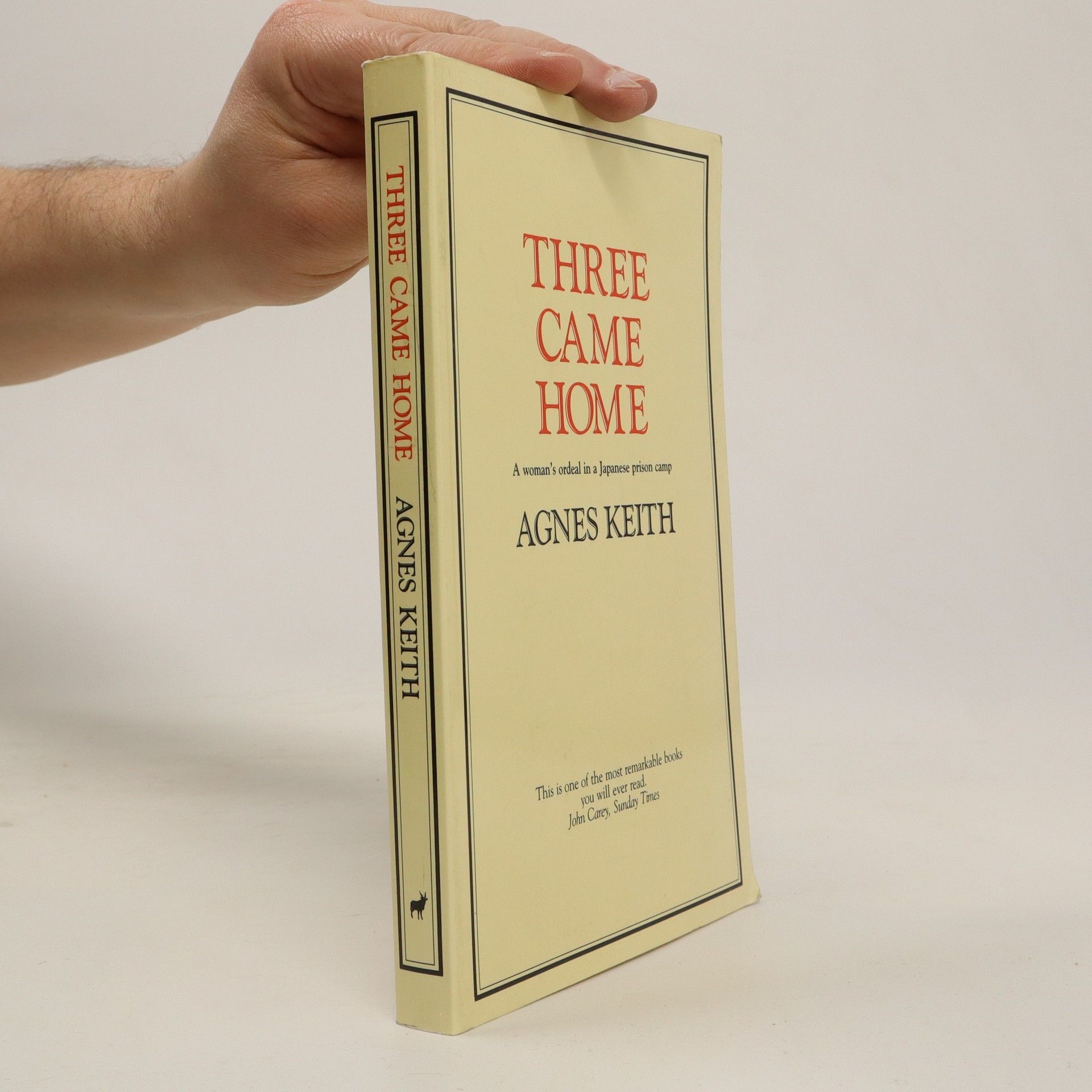Humorous story of adjustments to life in Borneo, by a Californian.
Borneo-trilogieReeks
Deze autobiografische trilogie biedt een intieme kijk op het leven in Noord-Borneo, het huidige Sabah, tijdens de turbulente periode voor, tijdens en na de Tweede Wereldoorlog. De auteur vangt met gevoeligheid de transformaties van het landschap en de samenleving, onthult persoonlijke ervaringen en vertelt verhalen over veerkracht en aanpassing. Lezers zullen zich onderdompelen in de geschiedenis en cultuur van de regio via boeiende persoonlijke getuigenissen. Dit is fascinerend leesvoer voor wie geïnteresseerd is in geschiedenis, reizen en krachtige menselijke verhalen.


Aanbevolen leesvolgorde
- 1
- 2
When the Japanese swept through Borneo in 1942, Agnes Keith was captured with her two-year-old son. Even though keeping notes was a capital offence, she wrote a diary on the backs of labels and in the margins of old newspapers, which she buried in tins or sewed inside her sons home-made toys. Unlike many other narrators of camp life, Agnes Keith gives an honest and rounded description of her Japanese captors. The camp commander, Colonel Suga, was responsible for a forced march which killed all but three out of 2,970 prisoners; yet he regularly took children for joy-rides in his car, stuffing them with sweets, and sent them back to camp with armfuls of flowers from his garden